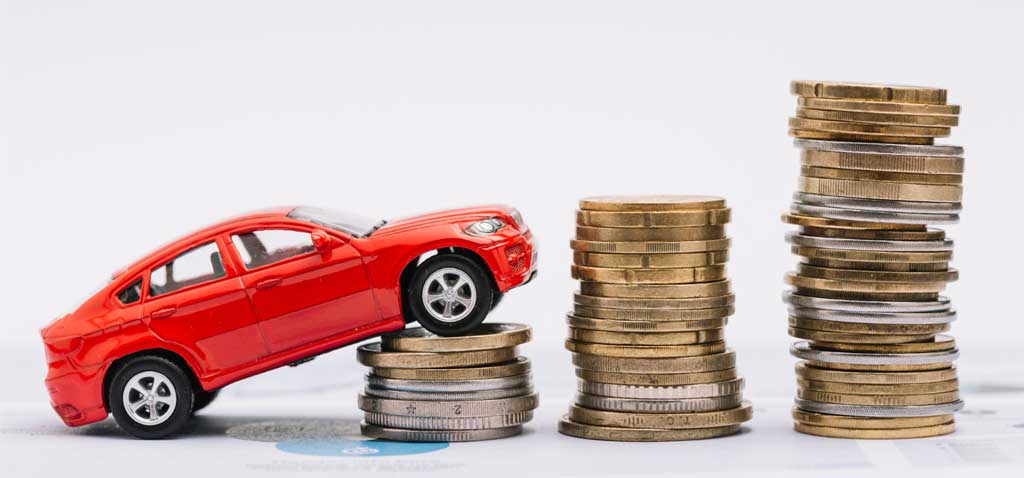There are so many benefits to getting your next car on finance. It usually enables you to get a better car than you would with cash and make repayments to suit you. More people than ever are choosing to finance their next car but how do you know if car finance is right for you? For one, car finance is never guaranteed and there may be a few factors lenders want to consider before they accept you. Also, car finance is a long-term financial commitment, usually lasting a number of years so its important that you can make the repayments. The guide below features 5 questions you should ask yourself before you get a car on finance.
What is car finance?
Can finance is when a finance provider lends you money to buy a car. Car finance agreements are usually spread over 1-5 years and will require you to make monthly payments with added interest. In the UK, there are a number of ways you can finance a car through different types of agreement. The most popular options are hire purchase deals, PCP agreements and personal loans. Whether you get accepted for finance or not is in the hands of the lender and there are a few factors which they may consider before lending to you. You will usually need to pass a credit check or affordability check first to make sure you can afford the repayments. If you fail to meet your repayment deadlines, depending on the type of agreement you have, the lender can have the ability to take the car off you. Car finance is also a legally binding contract so it’s crucial that you stick to the rules of the agreement.
1. Can I afford car finance?
There’s no set amount of how much car finance costs. This is because it can depend on the size of the loan, your credit score, your interest rate offered, your deposit contribution and more. However, before you start applying you should set an affordable and realistic monthly budget that will cover your finance payments. Once you know how much you can spend a month, you can use a free car finance calculator to see how much you could borrow. You can then use this rough idea to shop for cars within your budget. It’s important that you’re sure you can make the payments each month and till the end of the term as failing to do so can have serious financial implications.
2. Do I want to own the car?
If you want to own the car you drive, you could be better suited to one form of car financing over others. If you want to be the owner of the vehicle from the start of the agreement, a personal loan may be the best option for you. Personal loans allow you to borrow money, usually from a bank or building society to buy the car you want. The money is deposit into your bank account so you can buy the car from any dealer or private seller and automatically own the car. You then repay the finance company each month till the end of the term.
If you’re not precious about owning the car, within hire purchase, you don’t have to. Hire purchase is a form of secured finance, which means the lender owns the car throughout the agreement. At the end of the agreement, you can choose to hand the car back to the lender or you can pay the very small option to purchase fee and the car will become yours.
Personal Contract Purchase can also be a good option if you don’t want to own the car at the end of the deal. PCP payments tend to be lower because you only pay off the value that the car will lose whilst you own it. At the end of the agreement, you can simply hand the car back to the dealer and the agreement has ended. You can also pay the large balloon payment and keep the car. However, the balloon payment tends to be thousands of pounds which many people can’t afford to pay.
3. Do I have to pay a deposit?
In short, no. There are many no deposit car finance deals available if you don’t have any funds to put down. However, having a deposit can be beneficial to you. When you put more in for your hire purchase agreement at the start, you don’t have to borrow as much from the lender and your loan becomes smaller. A smaller loan can be easier to pay off and can reduce your monthly repayments, making your deal more manageable. For personal contract purchase deals, paying too much at the start can cause issues if you can’t afford the balloon payment to keep the car.
4. Is my credit good enough for car finance?
Before you get approved for car finance, lenders will usually want to know how you’ve handled credit in the past and your repayment history, which can be reflected by your credit score. Having a low credit score can mean you’ve struggled to meet repayments in the past or have high levels of existing debt. This makes you more of a risk to lend to as you may not meet your car finance repayments. Getting approved for bad credit loans can be possible but working on your credit score can have many benefits when keeping track of your personal finances. When it comes to car finance, you could get offered better rates and easier acceptances with a higher credit score. There can be options for people with bad credit to get a car on finance, but it’s always recommended that your credit score is in the best position before you start applying.
5. Could I get a better deal elsewhere?
If you’ve already found a car finance agreement that seems perfect for you, it’s always worth comparing deals to see if you could be getting a better deal elsewhere. One of the things you should consider is the interest rate offered. Your interest rate is the cost of borrowing and taking a higher interest rate can mean you pay more in the long run. Don’t just focus on the monthly payment and instead consider how much you’re paying overall and how much the car is worth. You also aren’t limited to getting finance through a car dealership. Instead, you could use a car finance broker who can help get you the best deal by comparing numerous lenders on your behalf.


